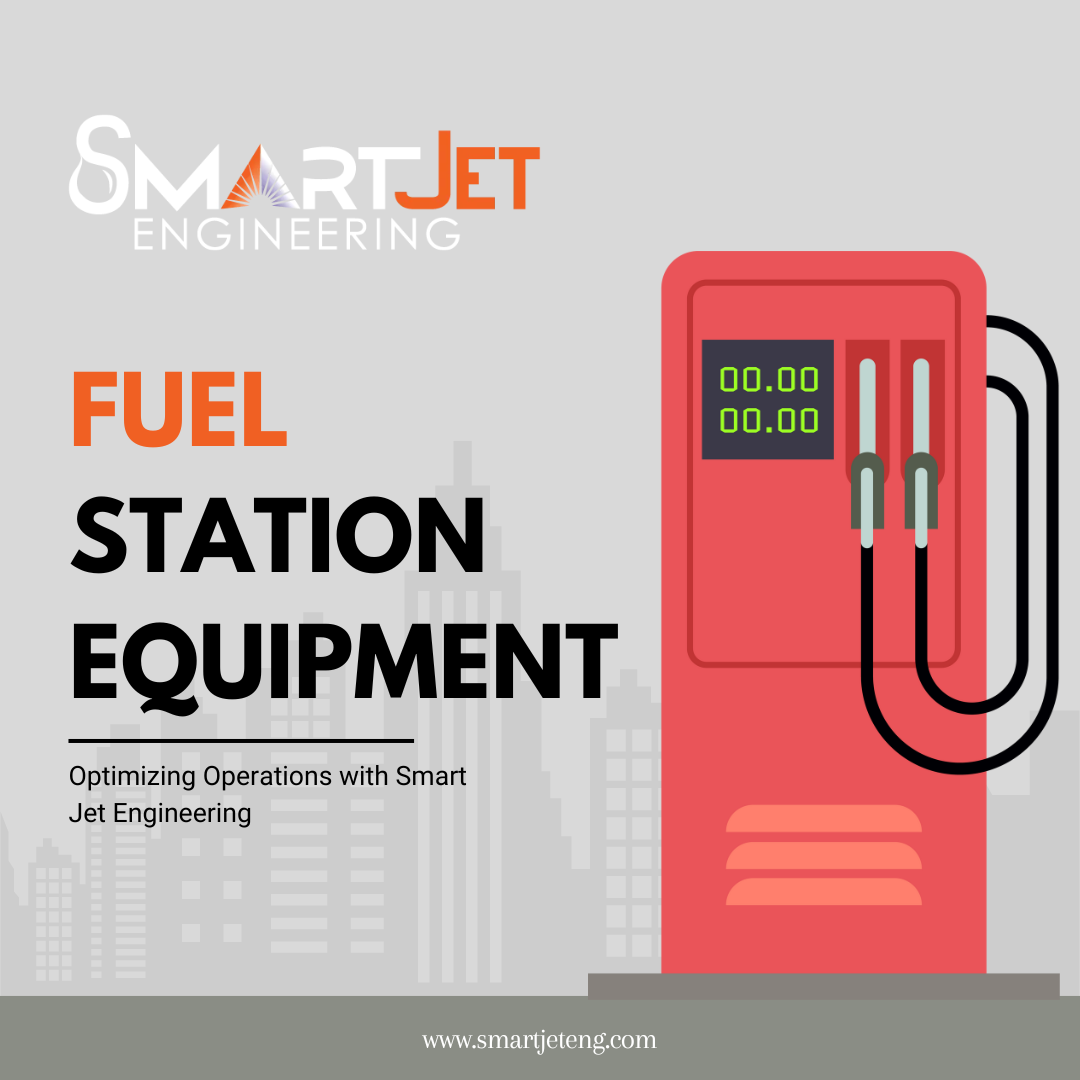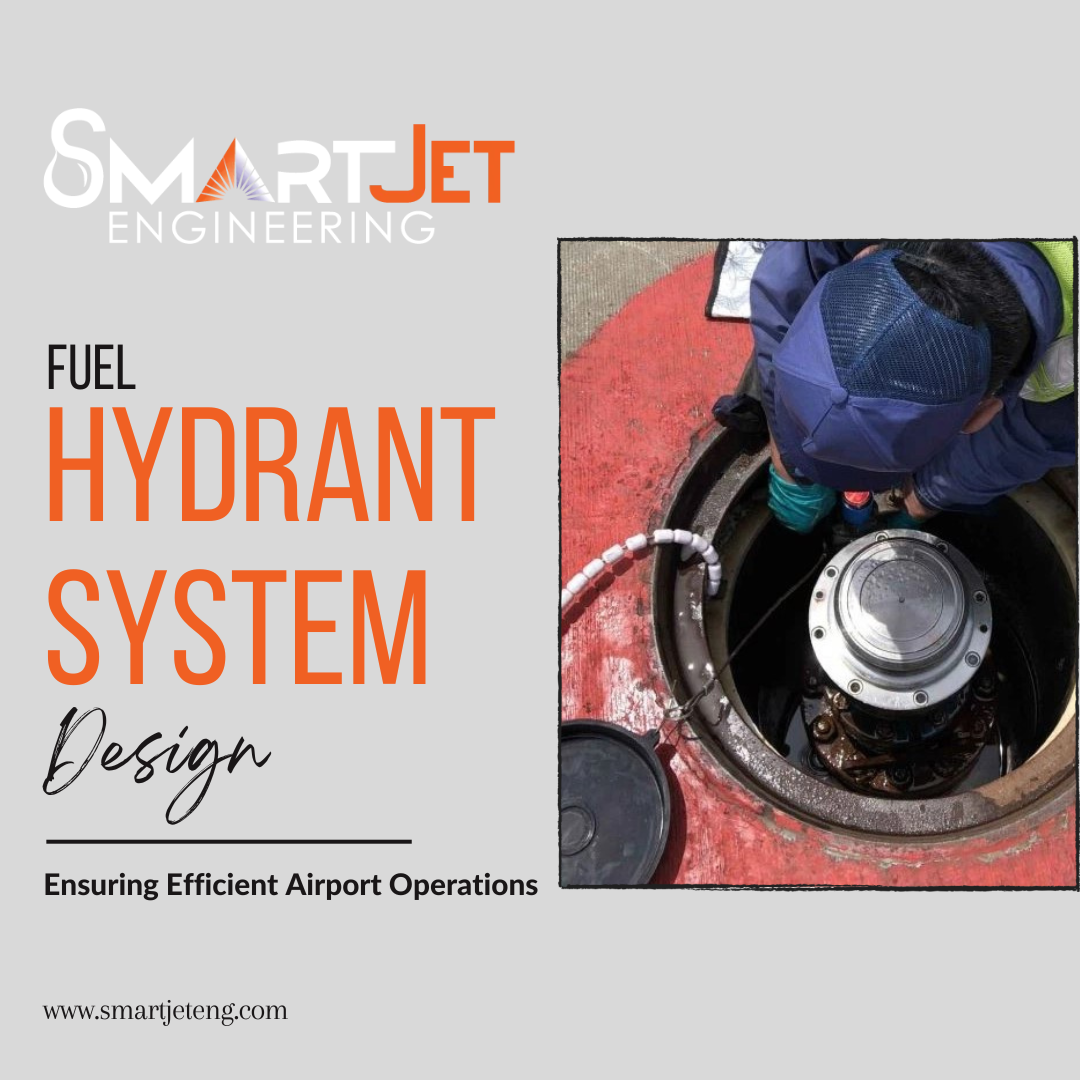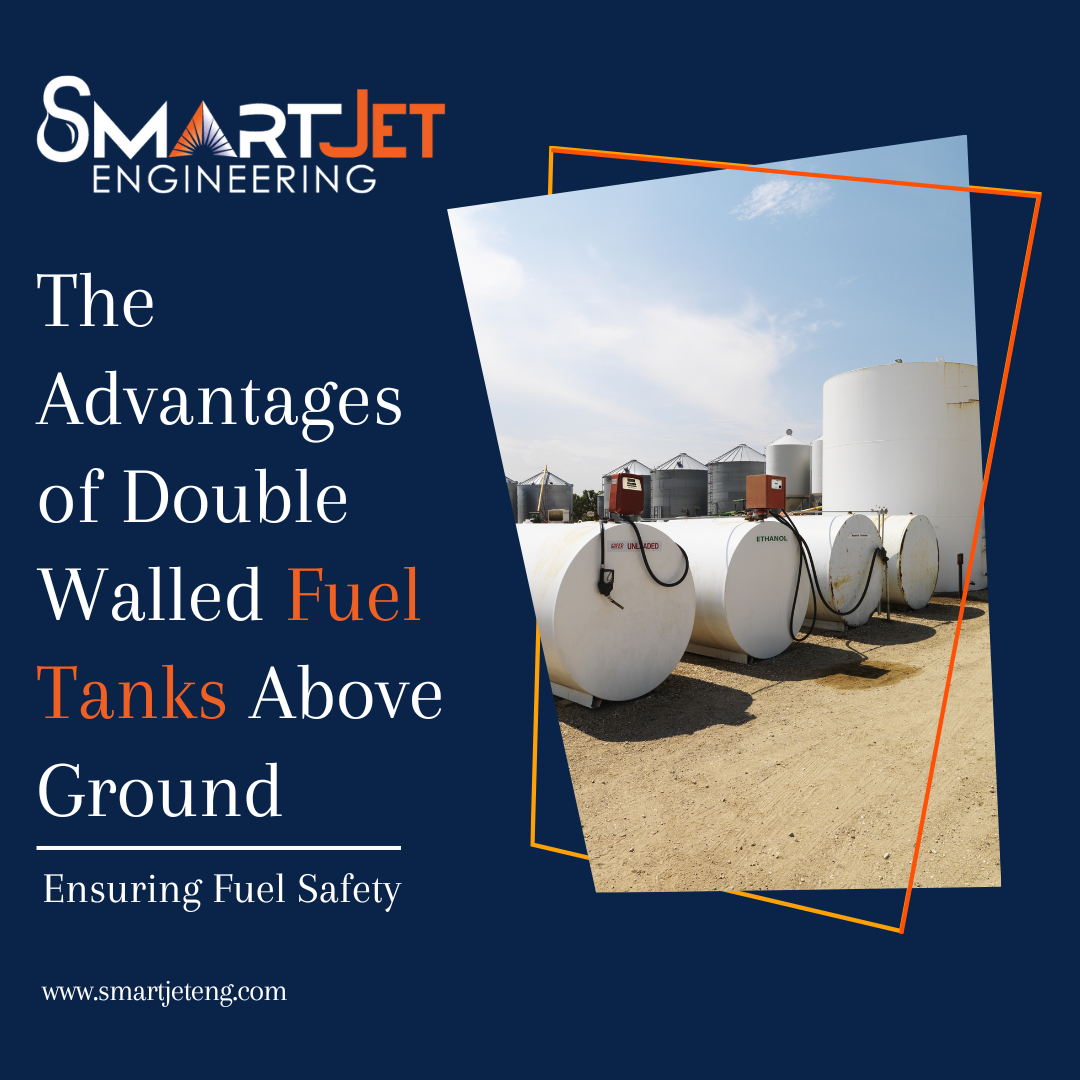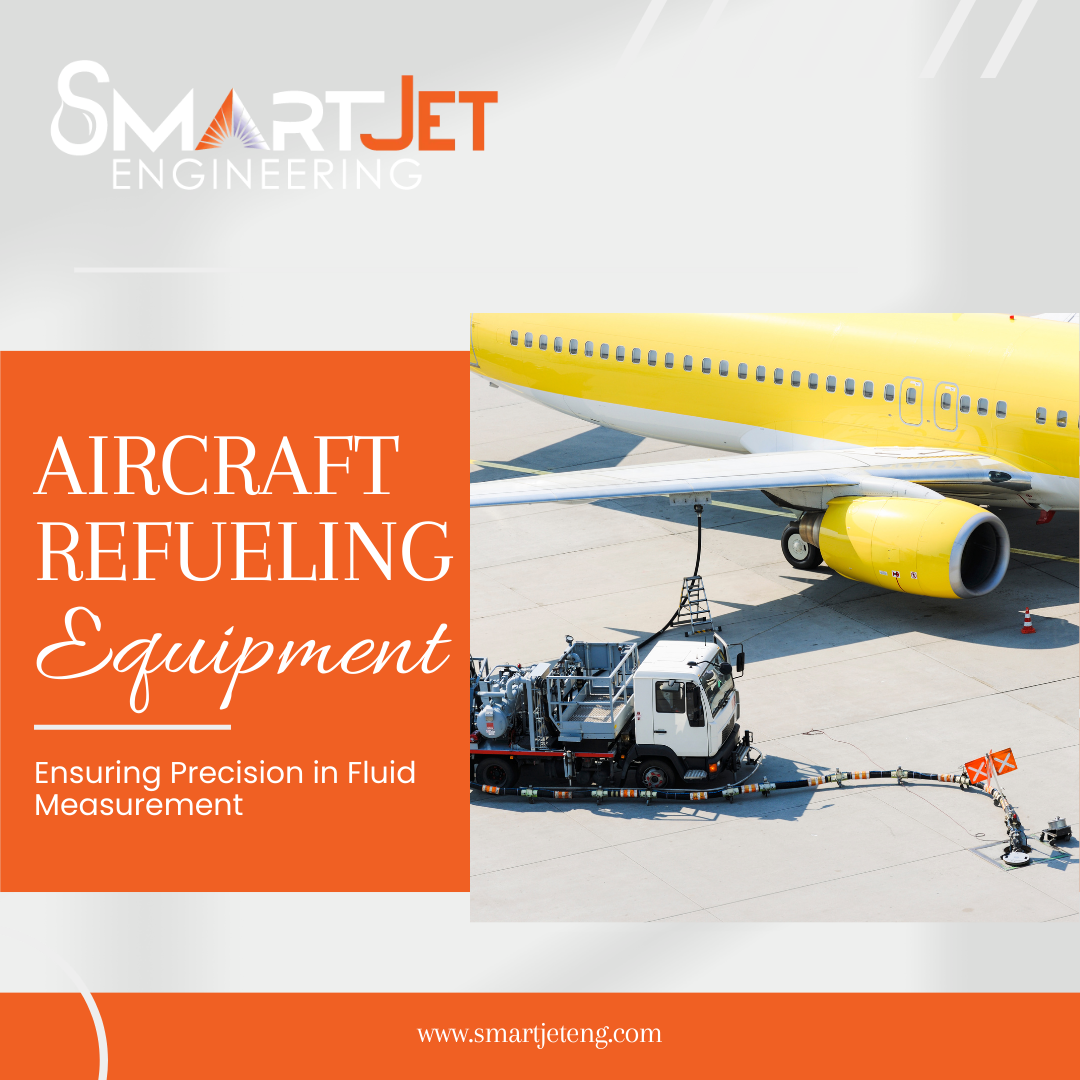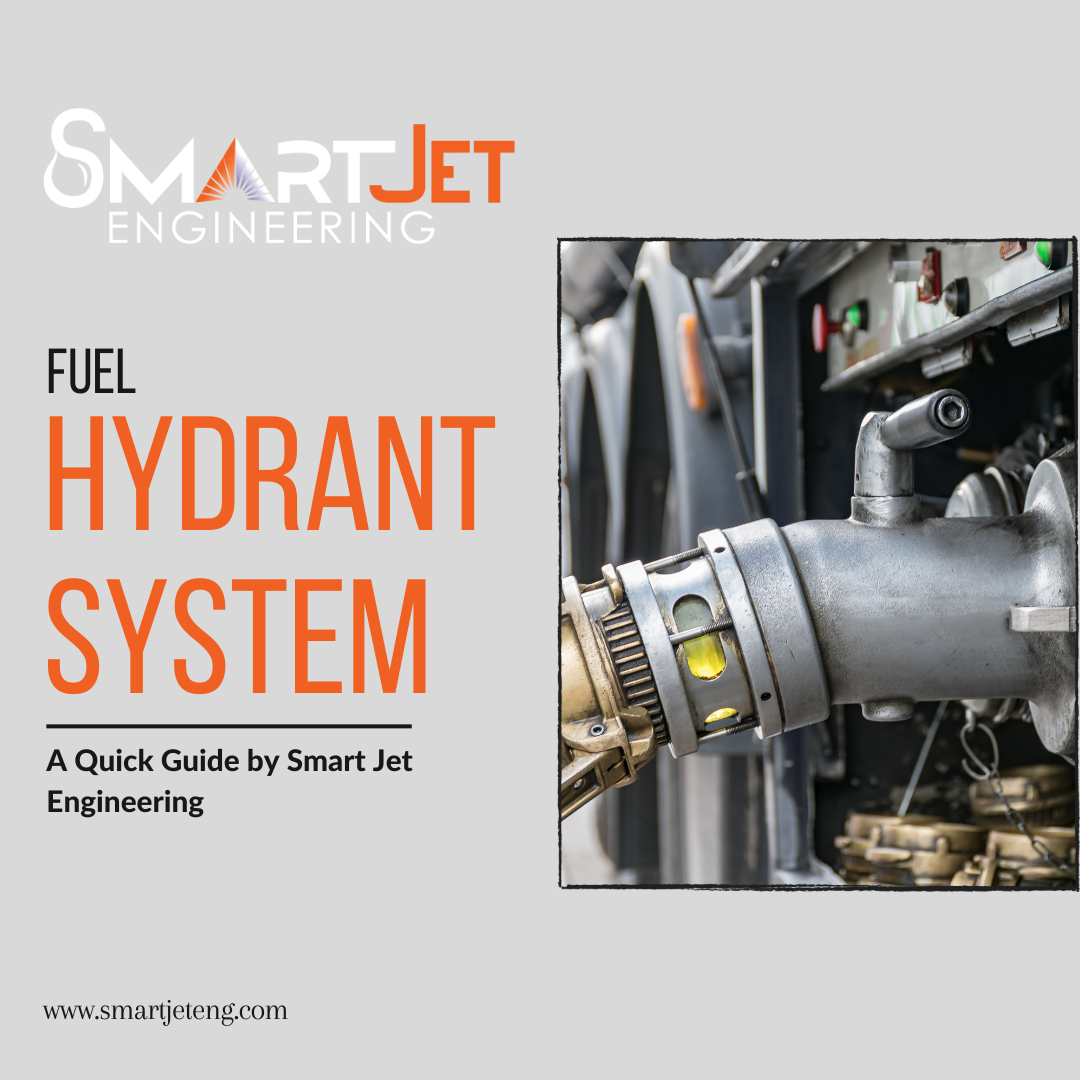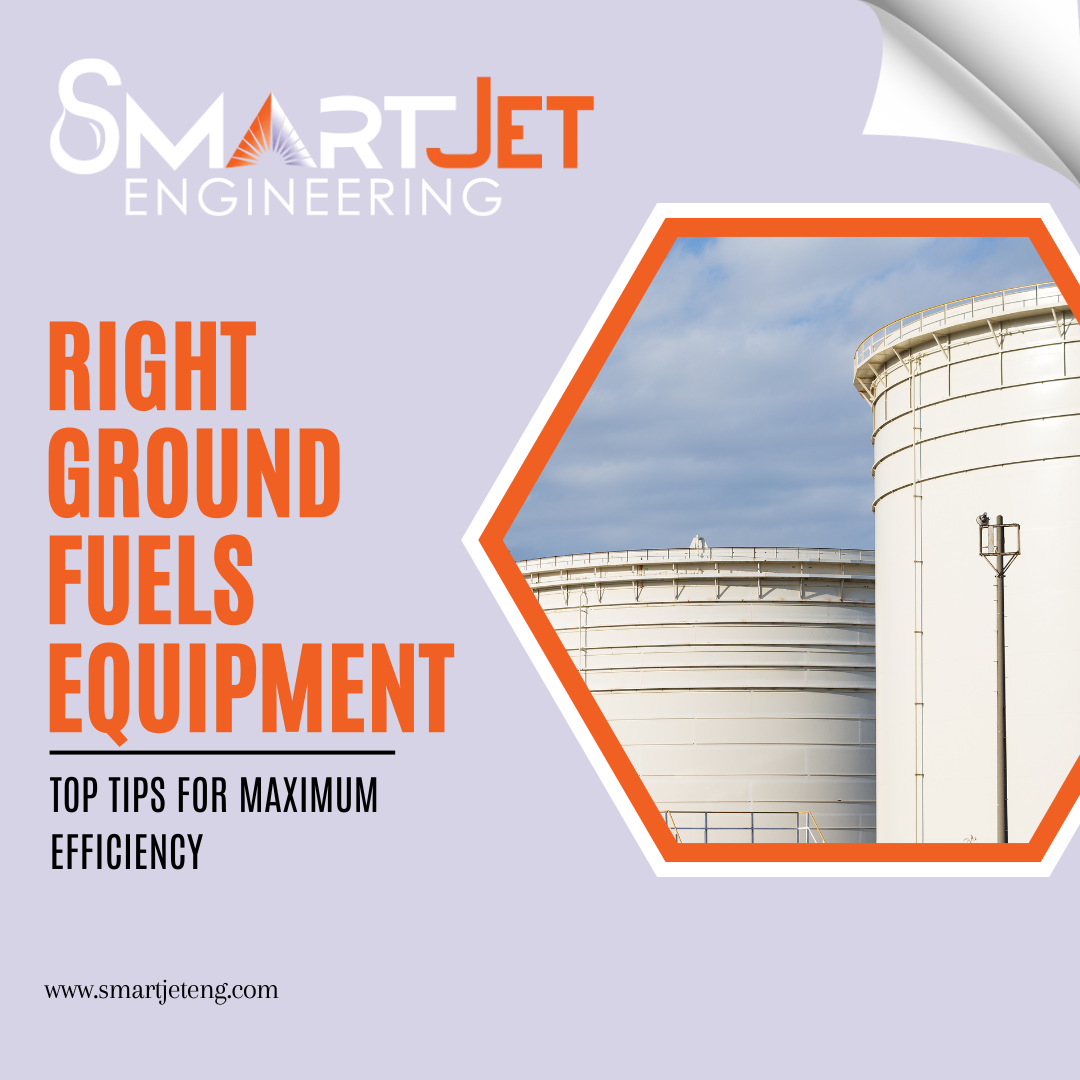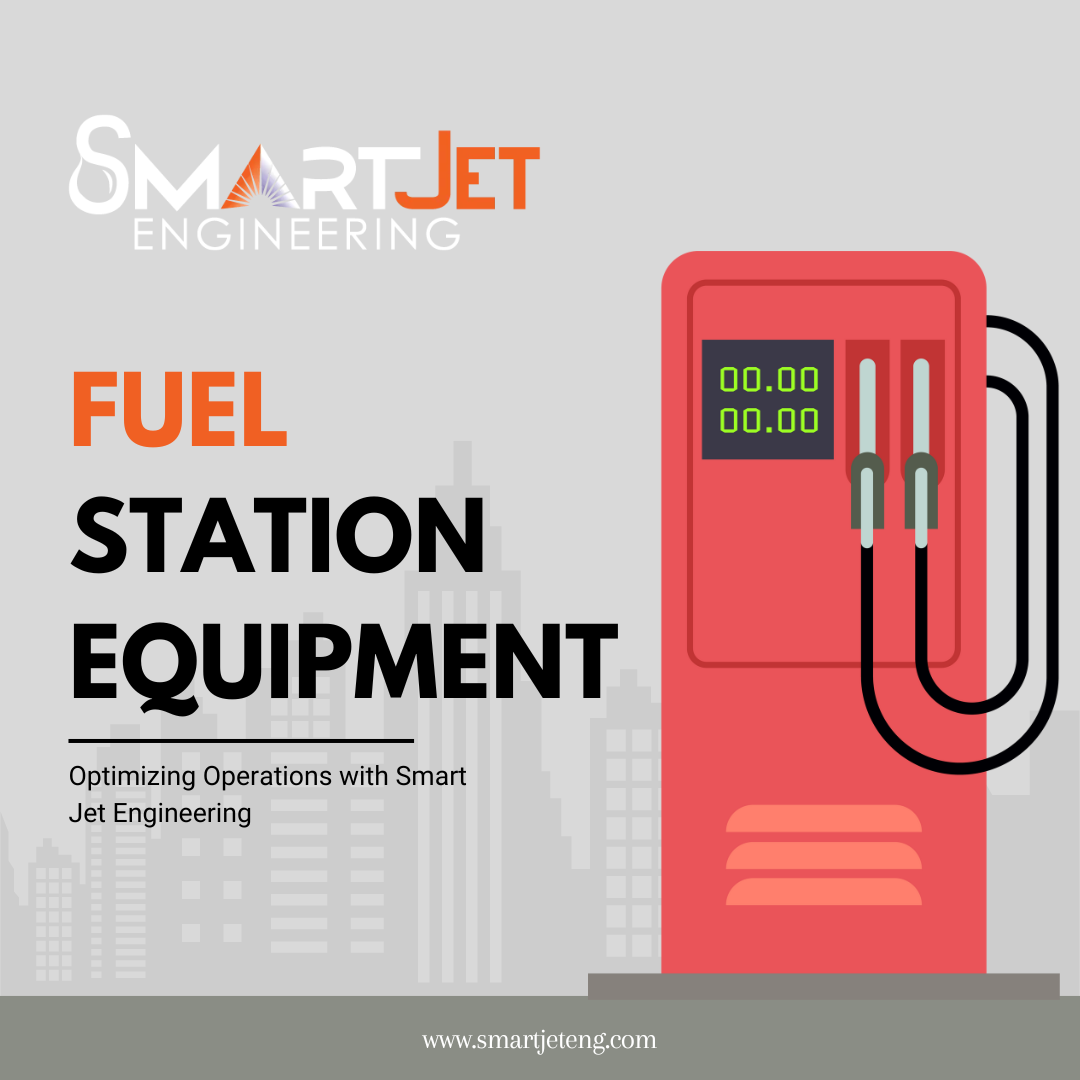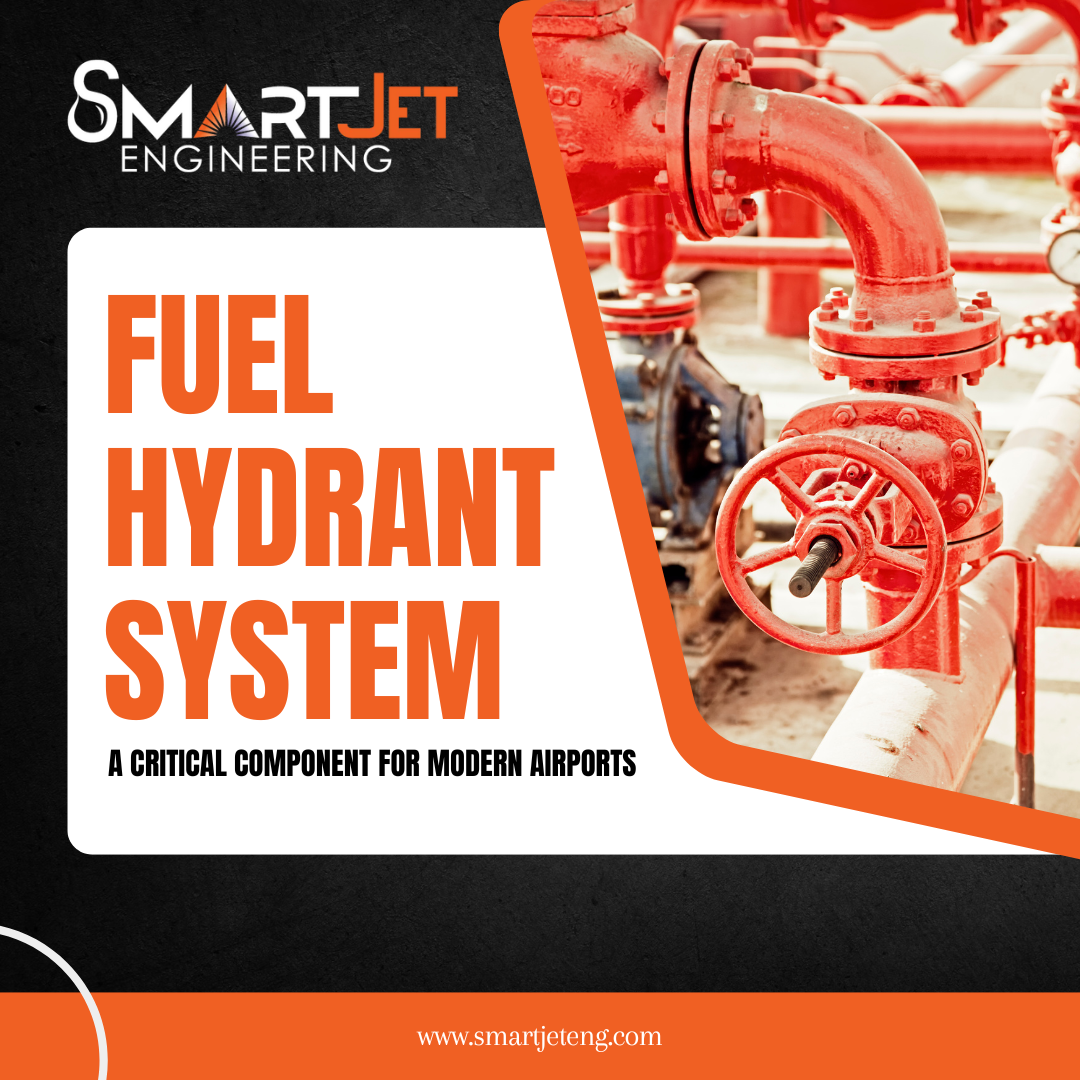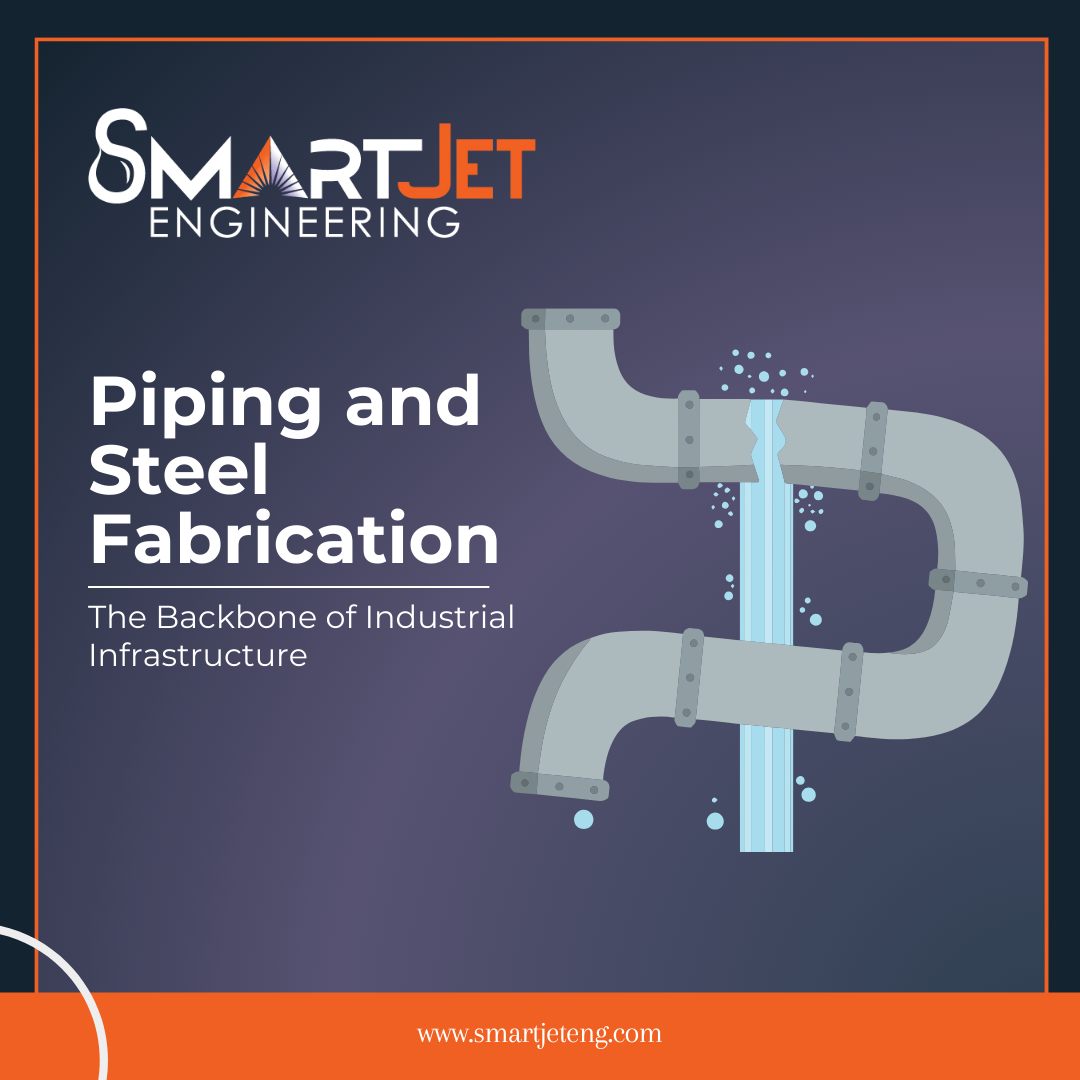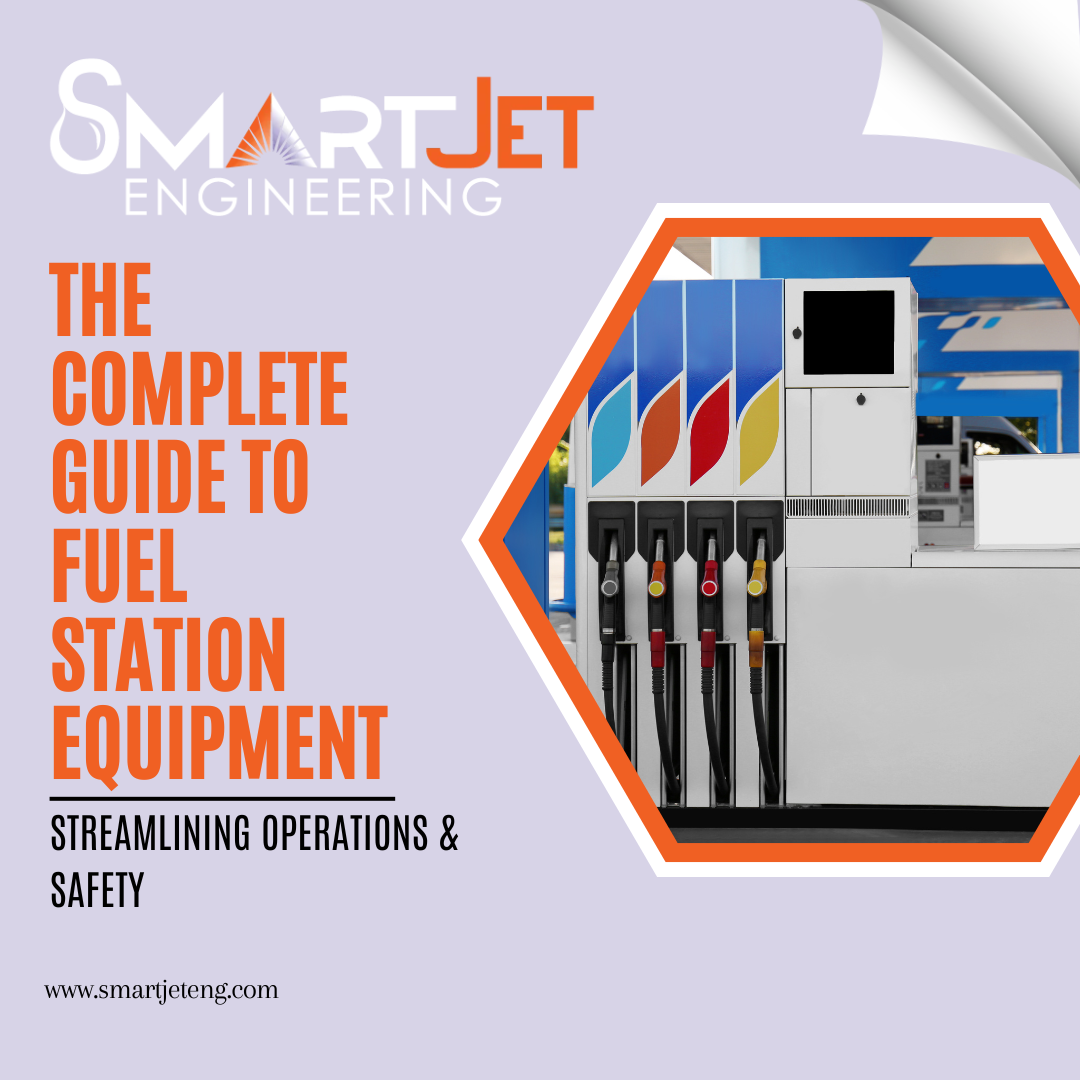Double Walled Fuel Tanks Above Ground
By - Admin

Double Walled Fuel Tanks Above Ground: Ensuring Safety and Compliance
Double walled fuel tanks installed above ground are pivotal in the safe storage and distribution of various fuels, including diesel and gasoline. This article explores the significance, advantages, and regulations surrounding these specialized tanks, with a focus on their importance for industries like construction, agriculture, and logistics.
Introduction to Double Walled Fuel Tanks Above Ground
Double walled fuel tanks above ground are designed with two layers of containment for added safety and environmental protection. The inner tank holds the fuel, while the outer tank acts as a secondary barrier against leaks and spills.
Advantages of Double Walled Fuel Tanks Above Ground
One of the key advantages of these tanks is enhanced safety. The dual-wall construction significantly reduces the risk of fuel leakage, which can lead to environmental contamination and regulatory fines. Additionally, they offer better protection against corrosion and physical damage compared to single-walled tanks.
Regulations and Compliance for Above-Ground Tanks
Regulations governing above-ground fuel storage emphasize the use of double walled tanks to prevent soil and groundwater contamination. Compliance with these standards is crucial for businesses to operate legally and responsibly.
Types of Double Walled Tanks Suitable for Above-Ground Use
Double walled tanks come in various materials such as steel and fiberglass, each with unique benefits. Steel tanks are durable and suitable for heavy-duty applications, while fiberglass tanks are corrosion-resistant and lightweight.
Installation Process for Above-Ground Double Walled Tanks
Installing above-ground double walled tanks requires careful planning and adherence to safety guidelines. Proper site preparation and installation procedures ensure optimal performance and longevity.
Maintenance and Monitoring of Above-Ground Tanks
Regular inspections and maintenance are essential to ensure the integrity of above-ground double walled tanks. Automated leak detection systems provide real-time monitoring, alerting operators to any potential issues promptly.
Cost Considerations for Above-Ground Double Walled Tanks
While the initial cost of above-ground double walled tanks may be higher than single-walled tanks, they offer significant long-term savings by reducing environmental risks and ensuring regulatory compliance.
Comparison Between Above-Ground and Underground Double Walled Tanks
Compared to underground tanks, above-ground double walled tanks are easier to access for maintenance and inspection, reducing operational downtime and costs. They also eliminate the risks associated with underground installations, such as soil contamination.
Applications and Industries Utilizing Above-Ground Double Walled Tanks
These tanks are widely used in industries such as construction, agriculture, and transportation, where safe fuel storage is critical for operations. Their versatility and adaptability make them suitable for various environments and applications.
Environmental Impact of Above-Ground Double Walled Tanks
By minimizing the risk of fuel spills and leaks, above-ground double walled tanks contribute to environmental conservation efforts. They are designed to contain any potential leaks within the secondary wall, preventing soil and groundwater contamination.
Conclusion
In conclusion, double walled fuel tanks installed above ground play a vital role in ensuring safety, compliance, and environmental protection in fuel storage. Their use is essential for industries looking to operate responsibly and sustainably.
FAQ’s
Q.1 Are above-ground double walled fuel tanks safer than single-walled tanks?
Yes, the dual-wall construction provides added protection against leaks and spills, enhancing safety.
Q.2 How often should above-ground double walled tanks be inspected?
Regular inspections are recommended annually or semi-annually to ensure proper functioning and compliance.
Q.3 Can above-ground double walled tanks be customized for specific capacities?
Yes, these tanks can be tailored to various capacities to meet specific industry needs and space constraints.
Q.4 What are the environmental benefits of using above-ground double walled tanks?
These tanks help minimize the risk of environmental contamination by containing any potential leaks within the secondary wall.
Q.5 How long do above-ground double walled tanks typically last?
With proper maintenance, above-ground double walled tanks can have a long lifespan, providing reliable fuel storage for many years.
Search
Popular Posts

Fuel Management Systems: Smarter Control for Modern Fuel Operations
December 10, 2025

Pipe Support Engineering: Ensuring Strength, Stability, and Long-Term Reliability
December 10, 2025

Mobile Fuel Equipment: The Future of Safe and Efficient On-Site Refueling
December 10, 2025

Fuel Dispensing Systems: Reliable Solutions for Safe and Efficient Fuel Delivery
December 10, 2025

Tanker Refurbishment and Modification Services in UAE | Smart Jet Engineering
November 29, 2025









